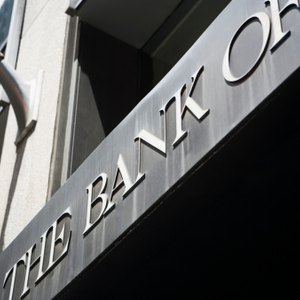
Investors can limit risk by turning to safer investments, such as certificates of deposit. As of August 2009, Americans held $1.2 trillion in CDs. CDs allow consumers to deposit funds for a specific period of time at a guaranteed interest rate. CDs vary in amount, interest rate, term and renewal date. Consumers should track all factors, especially renewal dates, to earn the most on their CDs.
Gather bank statements or online banking printouts to summarize information about your CDs. List the financial institution where you opened the CD, dollar amount, date opened, interest rate, term (the time period funds remain in the CD), renewal date and whether the CD automatically renews. Automatic renewal means the bank renews the CD at the current interest rate on the renewal date, unless you provide other instructions. Enter all information on a spreadsheet.
Review automated choices for tracking CDs. Your simple spreadsheet is easy to create and there is no cost to implement it. Once you have the spreadsheet in place, check it frequently for upcoming renewal dates, when you compare CD options and rates. Add any additional deposits to the spreadsheet, for those CDs that allow the flexibility of multiple deposits.
Consider maintaining CD information on a personal financial management software program, such as Intuit's Quicken. With Quicken, you enter CD information including the interest rate. The advantage of this software is that you view CD tracking information and your other financial account details. The software provides easy-to-use tools, and you can easily compare CD choices by risk and return. Consider the benefits that you'll gain using this method to determine if it's worth the software's cost.
References
Writer Bio
Based in North Carolina, Janet Morrison has been writing since 1992. Her work has appeared in newsletters and online for the Washington Telephone Federal Credit Union and Confero, a customer experience measurement firm. She is a distinguished graduate of BB&T Banking School and holds a Bachelor of Science in commerce from University of Virginia.

